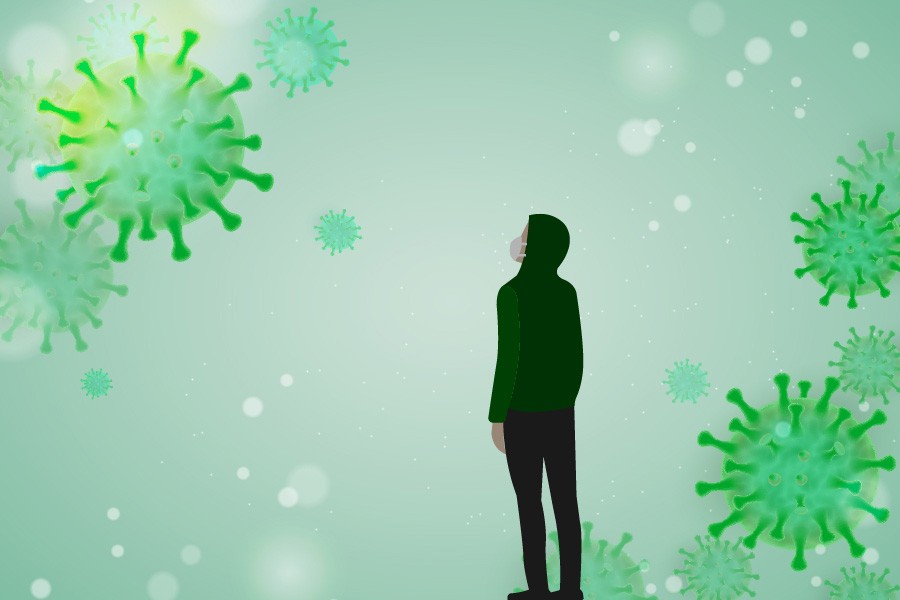Ensuring better production, nutrition, environment and a better life remains a challenge for the countries during and in the post-Covid period, said speakers at a regional conference.
The thirty-sixth session of Regional Conference for Asia and the Pacific (APRC-36) of Food and Agriculture Organisation (FAO) under the UN kicked off at the Hotel Intercontinental in the city on Tuesday.
Bangladesh is hosting the four-day FAO event for the first time that brought in political delegates, officials, experts, media personnel from 42 countries.
Apart from the government officials, 900 people from the member states, FAO senior officials, representatives of various UN bodies, development partners, NGOs and members of civil society are participating in the conference.
The first two days of the four-day conference (March 8-9) has been segmented for senior government officials and the last two days (March 10-11) for ministers.
Jong-Jin Kim, Assistant Director-General and FAO Regional Representative for Asia and the Pacific, said, "We will be examining the way forward to build back better after the damage to economy, lives and livelihoods caused by the pandemic."
Transforming agri-food systems for sustainable production and healthy diets, acceleration of sustainable natural resources management for biodiversity conservation and climate action will be the major tasks to do, he said.
He said supporting inclusive rural transformation for sustainable agrifood systems and equitable rural societies as well as building sustainable, resilient agrifood systems in the Pacific Small Island Developing States (SIDS) were also key parts of FOA's agenda.
"In order to accelerate progress and maximise efforts to meet the SDG goals and to realise the four betters, FAO will apply four accelerators including technology, innovation, data and complements like governance, human capital and institutions," said Mr Kim.
FAO will also initiate three cross-cutting themes that include gender equality, youth, inclusion in all programmatic interventions to accelerate impact while minimising trade-offs, he said.
Bangladesh Agriculture Secretary Md Sayedul Islam inaugurated the first two-day session of the secretary-level conference.
Mr Islam was also elected as the chairperson of the session.
Meanwhile, answering to a question on supply chain disruption for the Russia-Ukrainian crisis, FAO's Bangladesh head Robert D Simpson said the conference had no agenda on the issue.
The event will discuss priority issues fixed earlier, he said.
Additional Secretary of the agriculture ministry in Bangladesh Hasanuzzaman Kallol said the recent war between Russia and Ukraine might create problems for importing MOP fertiliser.
But this will be resolved and incentives will be continued to keep the present retail price of fertiliser, he said.
Bangladesh imports above 0.4-0.45 million tonnes of fertiliser from Russia, Ukraine and Belarus out of 4.5 million tonnes, he told the conference.
However, the inaugural ceremony of the ministerial meeting or the conference will be held on March 10 at the Bangabandhu International Conference Center.
Prime Minister Sheikh Hasina is expected to attend the event as the chief guest.


